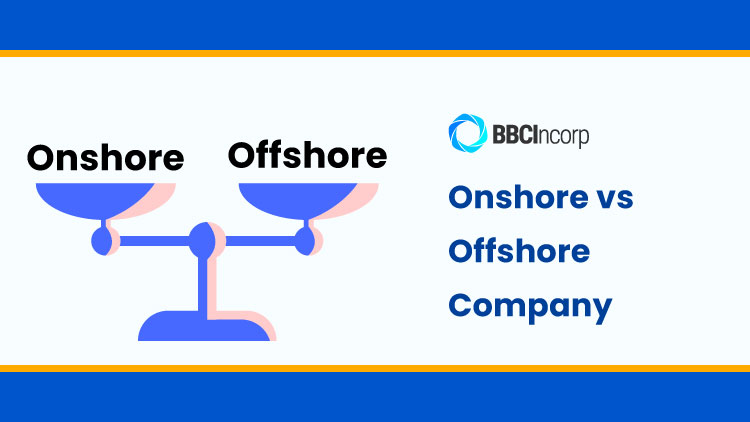In the labyrinth of global finance, tax havens have long been a beacon for those seeking to minimize their tax burdens. However, not all tax havens are created equal. The choice between offshore and onshore tax havens can significantly impact the effectiveness of your tax strategy. Understanding the nuances between these two options is crucial for making an informed decision that aligns with your financial goals. In this article, we delve into the key differences between offshore and onshore tax havens and guide you in choosing the right strategy.
Navigating Tax Havens: Offshore vs. Onshore Explained
When we talk about offshore tax havens, we often think of tropical paradises like the Cayman Islands or Bermuda, where the sun shines as brightly as the tax advantages. Offshore tax havens are jurisdictions outside of one’s home country that offer favorable tax conditions, such as low or zero corporate tax rates. These havens are particularly attractive to multinational corporations and high-net-worth individuals looking to shelter income from high-tax jurisdictions. The primary allure of offshore tax havens lies in their ability to provide privacy, asset protection, and a business-friendly regulatory environment.
Onshore tax havens, on the other hand, are less exotic but equally strategic. Countries like Ireland, Luxembourg, and even certain U.S. states like Delaware offer onshore tax benefits. These jurisdictions provide favorable tax laws while being part of major economic regions, thus offering a blend of legitimacy and tax efficiency. Onshore tax havens are often chosen by businesses that seek to benefit from lower tax rates without the stigma that sometimes accompanies offshore havens. They offer a middle ground, combining tax advantages with a semblance of regulatory oversight.
The choice between offshore and onshore tax havens often hinges on factors such as the level of privacy required, the nature of the business, and the jurisdiction’s reputation. Offshore havens are typically more secretive, making them ideal for those who prioritize confidentiality. Onshore havens, however, offer a higher degree of transparency and are often perceived as more credible by international regulators. This credibility can be crucial for businesses that operate in highly regulated industries or those that require substantial public trust.
Strategic Choices: Finding Your Optimal Tax Haven
Choosing the right tax haven is a strategic decision that requires a deep understanding of your financial goals and the regulatory landscape. For individuals and businesses seeking maximum privacy and asset protection, offshore tax havens may be the optimal choice. These jurisdictions often have stringent confidentiality laws that protect the identities of account holders and the details of their financial transactions. This level of secrecy can be particularly beneficial for those looking to shield their assets from legal disputes or political instability.
However, the allure of offshore tax havens comes with its own set of challenges. Increased scrutiny from international regulatory bodies and the potential for reputational damage are significant considerations. In recent years, initiatives like the Common Reporting Standard (CRS) and the Foreign Account Tax Compliance Act (FATCA) have increased transparency and reduced the anonymity that once defined offshore havens. As a result, businesses and individuals must weigh the benefits of tax savings against the risks of regulatory crackdowns and potential legal repercussions.
Onshore tax havens, while offering less secrecy, provide a more balanced approach. These jurisdictions typically have robust legal frameworks and are part of major economic blocs, making them less likely to attract negative attention from international regulators. For businesses, especially those in the tech or pharmaceutical sectors, onshore havens can offer substantial tax benefits while maintaining a reputable standing in the global market. The key is to conduct thorough due diligence and consult with tax professionals to identify a jurisdiction that aligns with your strategic objectives and risk tolerance.
Navigating the complex world of tax havens requires a nuanced understanding of both offshore and onshore options. Each type of haven offers distinct advantages and challenges, making the choice highly dependent on individual circumstances and strategic goals. Whether you prioritize privacy and asset protection or seek a balance between tax efficiency and regulatory compliance, understanding the key differences between offshore and onshore tax havens is essential. By making an informed decision, you can optimize your tax strategy and achieve your financial objectives with confidence.
